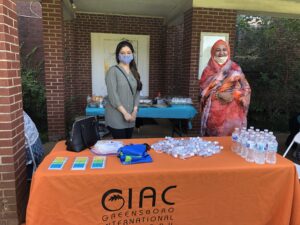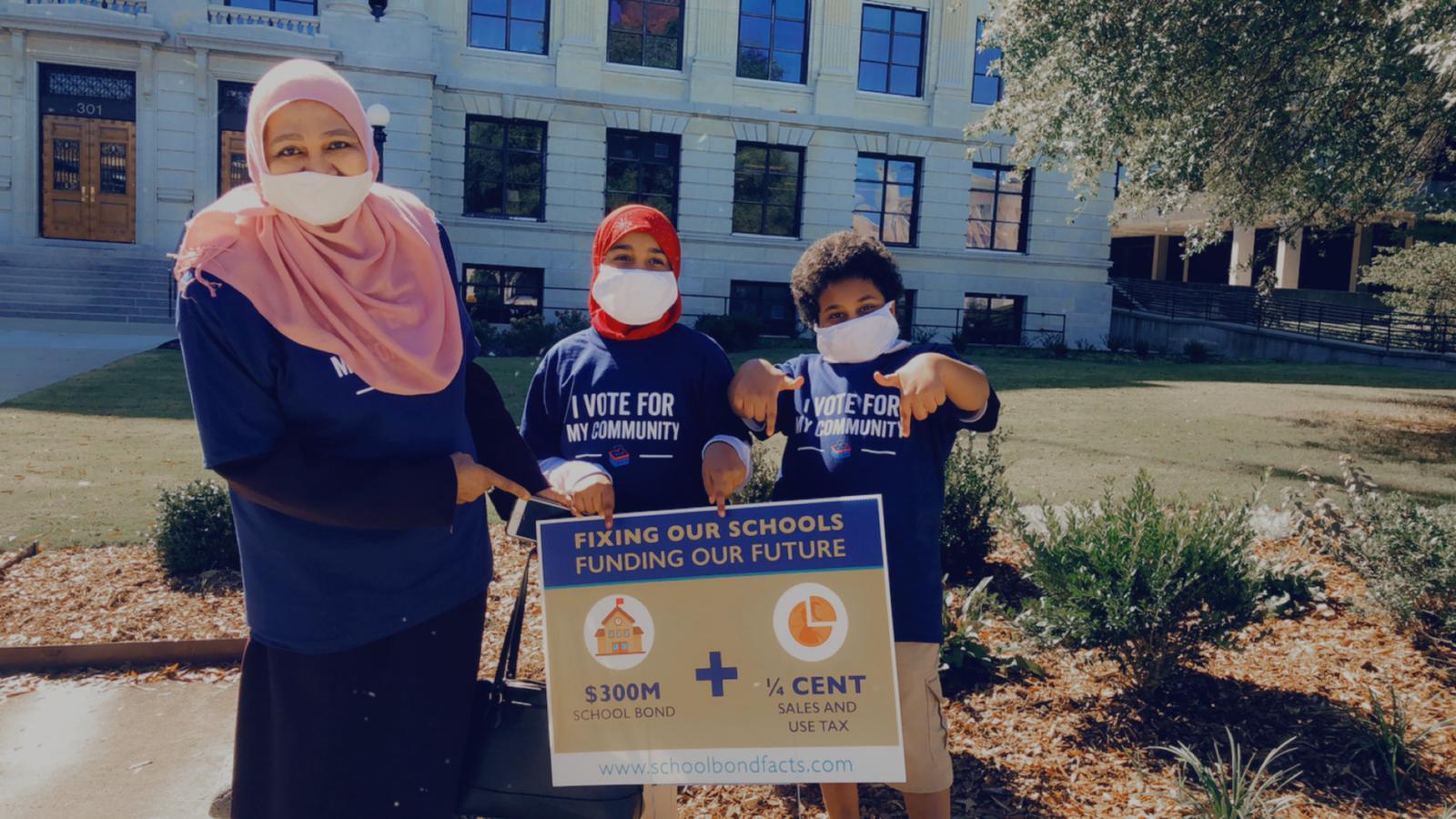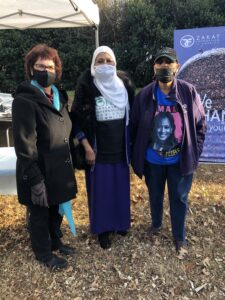International Women’s Month aims to raise awareness about matters impacting gender equality, equity, and access, acknowledge the achievements of women in the past, and highlight the progress that has been made and continues to impact our lived experiences.
In honor of International Women’s Month this March, we would like to highlight Siddiga Ahmed’s story of perseverance. Siddiga is a social worker, activist, and nonprofit leader, as well as a UNCG graduate, former CNNC intern, and AmeriCorps member. Over 20 years ago, Siddiga left her home country, Sudan, to immigrate to the US. She was scared of what life would be like in a foreign country, yet she took a chance with her husband in 1998.
As an immigrant, she understands how difficult it is to transition to a new country, leave everyone and everything you know behind, and restart. There was an additional layer of trauma in her transition to the US as she witnessed and experienced the Islamophobia that inhabited the US after the events of 9/11.
As a Muslim woman, Siddiga confronted many forms of gendered and racialized discrimination. During her clinic work internships, she was criticized and treated disrespectfully by clients, which made it difficult for her to provide care. The bigotry from clients persisted, yet she persevered with the help and kindness from her professors.
Starting Over
Like many immigrants and refugees, Siddiga’s educational degree did not transfer in the US, so she had to start over. Even though she earned an accounting degree in Sudan, she decided to study social work at UNCG. Through her social work program, she interned with the Center for New North Carolinians for a year. In 2016, she graduated with her Bachelors and was driven to continue her education.
Along with her internship at the CNNC, Siddiga also served refugee agencies, and after graduating, she became an AmeriCorps member. As she worked with many refugees and immigrants, she observed similar mental health struggles that she also experienced as an immigrant. She felt compelled to help refugees and immigrants and connect them to mental health services. Her drive led her to pursue a Master’s degree in clinical social work so she can become a therapist and provide those resources herself, thus filling a gap for an essential need.
After the traumatic experiences from her clinic work internships, Siddiga prevailed and decided to develop her own non-profit that raises awareness about mental health and provides services for children and families. Although it is aimed at supporting immigrants and refugees, Siddiga recognizes that everyone in the community could use these services, so it is not limited to a particular person.
For her forthcoming non-profit organization, she will rely on her social work and therapist background to provide affordable mental health services such as counseling and crisis intervention, as well as youth programs, mental health workshops, and women-centered initiatives. Programs aim to help women gain independence and agency, help children with growth and development, as well as aim to break the stigma about mental health services.
Activism and Community Organizing

Along with her non-profit mission, Siddiga is also an activist and chair of the International Advisor Committee in Greensboro, NC. As Islamophobia directly affects her community, she advocates for Sudanese refugees, Muslims, and immigrants by calling legislators’ offices regarding community issues as well as organizes petitions and writes recommendations against discriminatory policies. She also works with community leaders and organizers to stand up against discrimination on Islamophobia, sometimes hosting local peaceful protests.
When the previous administration enforced travel bans to Muslim countries, Siddiga and other organizers went to the Senator’s office. The organizers addressed the ways in which the ban was affecting their community, and they worked together to advocate for Muslims, refugees, and immigrants. Thus, Siddiga not only supports mental health services, but is also largely involved in actively fighting discrimination and prejudice aimed at underserved community members.
Siddiga’s non-profit bloomed out of the selfless desire to help others. She identified a need in her community and hopes to build a better future not only for her family, but for the larger Greensboro community as mental health is an issue that affects everyone. Even though we may not have the same experiences, we can support, listen, and encourage one another to care for ourselves and our communities.
You can read more about the strong women in our community on our social media. Every Wednesday this March, we shout out a special CNNC woman staff member, volunteer, intern, or community member.
Janie Raghunandan
Marketing and Communications Intern

